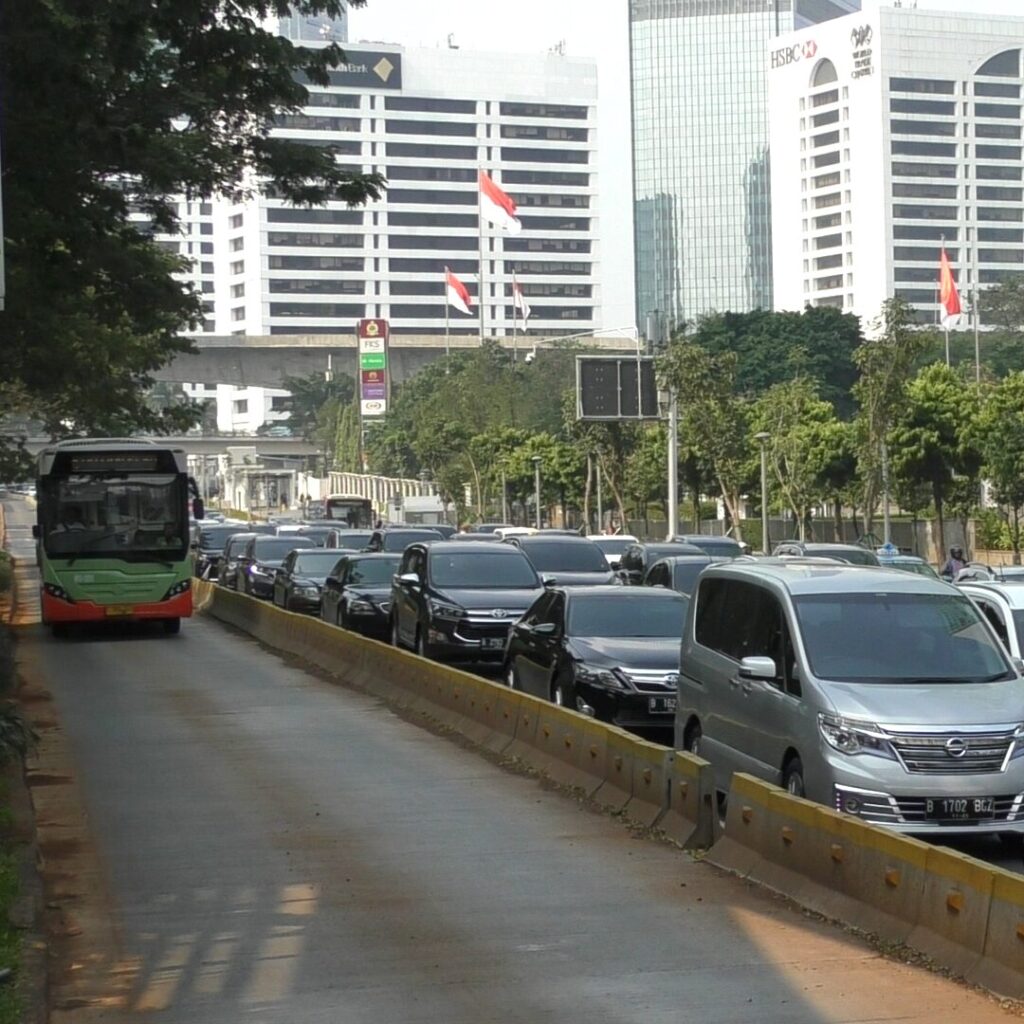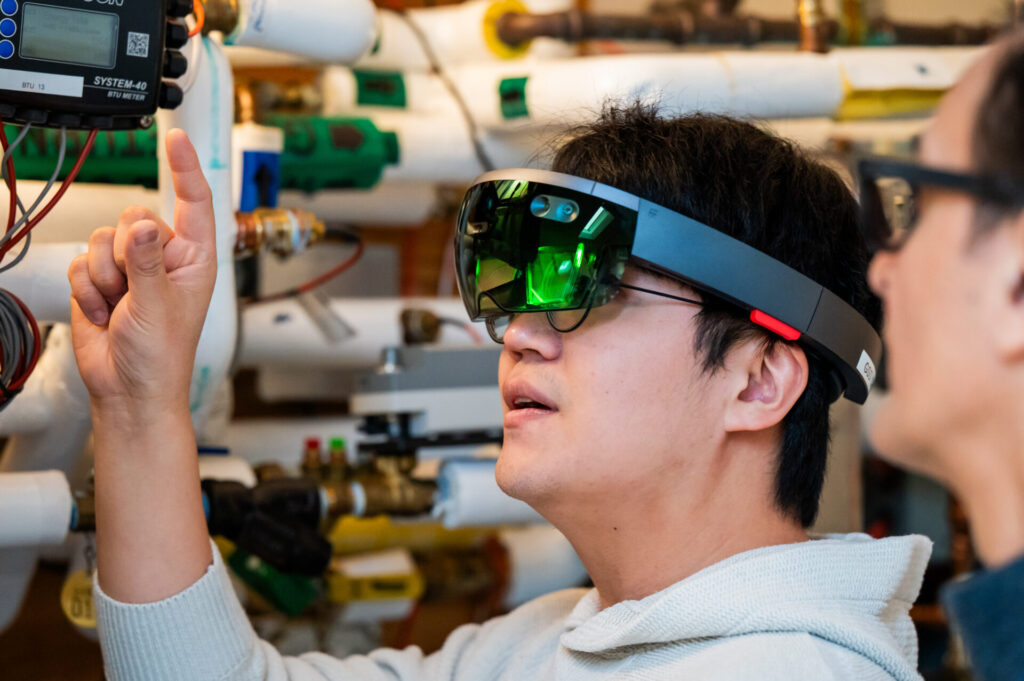Research Initiatives

Urban Mobility and Climate Change
In the megacities of the Global South, on-demand ride apps are thriving, urban areas are rapidly expanding, and local vehicle production is on the rise, potentially establishing enduring mobility patterns. This multidisciplinary Harvard-led team will explore ways to enhance public transportation and electrify major polluters, evaluate and mitigate co-pollutants, and develop adaptation strategies for climate shocks using mobility data from millions of individuals worldwide.




Sustainable Building and Urban Future
Residential and commercial buildings account for nearly 40% of global carbon emissions, driven by essential activities like lighting, heating and cooling, cooking, and construction materials. A team at Harvard will examine cutting-edge material design, advanced sensors, and responsive grids to revolutionize the way we build, ultimately crafting smart, energy-efficient neighborhoods for a sustainable future.




Strengthening Communities
For many U.S. communities – from towns in West Virginia to Tribal Nations in the Pacific Northwest – the clean energy transition is changing everything. This Harvard-led initiative is conducting new research and working with stakeholders to better understand the social and political dimensions of the shift from fossil fuels and develop playbooks for effective, equitable, and community-driven energy development.




Corporate Net-Zero Targets Project
While corporate net-zero commitments are surging, there is a lack of information and analysis about whether these corporate goals result in real emissions reductions. Harvard faculty are developing new tools – including groundbreaking firm- and plant-level datasets – and strategies to better understand and strengthen corporate climate action.




Climate Adaptation in South Asia
Climate change is affecting South Asia – home to two billion people – in devastating ways. This Harvard-led initiative is bringing leading experts and stakeholders together, putting vital new data sets and other tools into the hands of those confronting extreme heat and other climate impacts in South Asia.




Climate Adaptation in the Gulf of Guinea
Severe impacts of sea-level rise are already a reality across Africa and, in particular, the Gulf of Guinea. Working with local counterparts and communities in Abidjan, Accra, and Lagos, this Harvard-led initiative is producing new measuring sea-level rise and its associated costs in the region and identifying viable adaptation strategies.




Reducing Global Methane Emissions
Reducing methane emissions can significantly reduce climate change and its impacts in the short term – giving the world time to “bend the curve” on CO2 emissions and seek longer-term solutions. A Harvard-led team of experts is working directly with leaders in government, business, and beyond to translate new research into meaningful action.




Global Climate Policy Project at Harvard and MIT
The Global Climate Policy Project (GCPP) unites Harvard and MIT, and partners around the world, to drive innovation in global climate policy. By fostering academic collaborations across climate science, economics, political science, law, and other areas, we generate ambitious new ideas and actionable policy proposals to address climate change.




The Harvard Solar Geoengineering Research Program
The Harvard Solar Geoengineering Research Program (SGRP) produces knowledge to help society decide whether—and if so, how—solar geoengineering should play a role in global efforts to manage the growing risks from climate change.




Accelerating EV Adoption
Widespread electric vehicle (EV) adoption is critical to confronting climate change – but a lack of sufficient public charging infrastructure is holding many potential EV drivers back.


